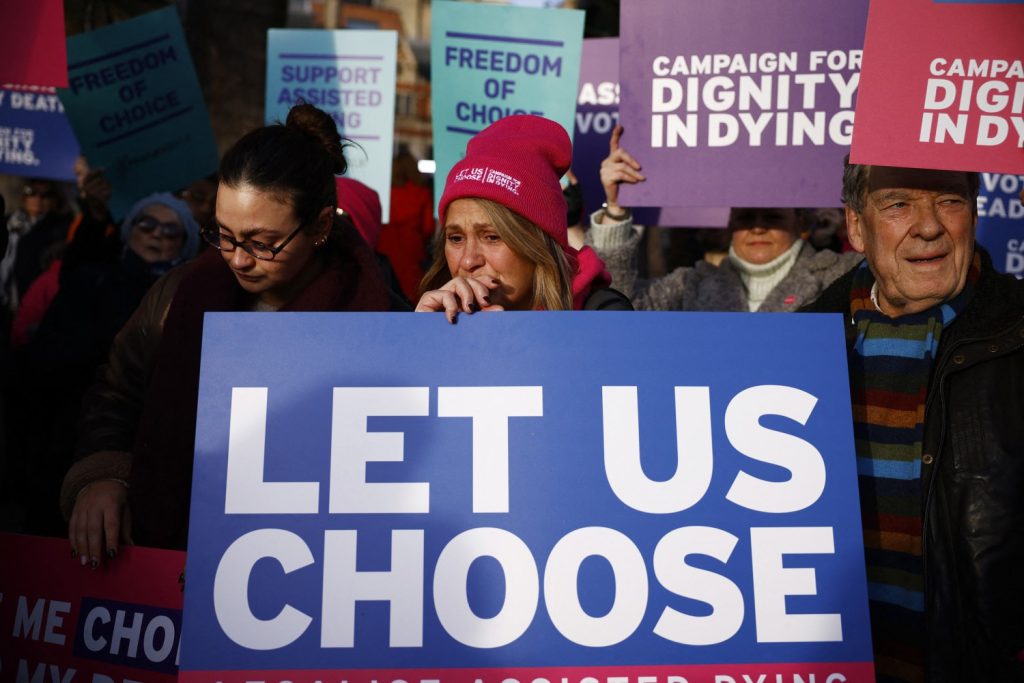England Approves Assisted Suicide Bill Amid Ethical Controversy

By Laura Hollis
England and Wales are set to legalize assisted suicide after the “Terminally Ill Adults (End of Life) Bill” passed the House of Commons in June and advanced to the House of Lords. The legislation, backed by Labour MP Kim Leadbetter, faces fierce opposition from figures like former Conservative Prime Minister Theresa May, who called it the “license to kill Bill.”
May warned that the law risks normalizing suicide and devaluing the lives of the elderly, disabled, and mentally ill. Despite assurances from proponents that safeguards would prevent abuse, critics argue the bill’s framework is inherently flawed. The initial argument for assisted suicide centers on terminally ill adults with less than six months to live—a limitation that ignores medical uncertainty.
Proponents’ rhetoric follows a predictable pattern: expanding access to include mental illness, then unhappiness, and eventually minors. In the Netherlands, where euthanasia has been legal since 2002, deaths for psychiatric reasons surged from two in 2010 to 219 in 2024—a 10,000% increase. The country now permits children as young as 12 to request euthanasia, while Belgium eliminated age limits entirely in 2014.
Canada’s “Medical Assistance in Dying” law, enacted in 2016, has seen over 60,000 deaths in nine years, despite restrictions on minors and mental illness. Critics highlight systemic healthcare shortages in both England and Canada, where long wait times for treatment could inadvertently incentivize euthanasia as a cost-saving measure.
The debate extends beyond end-of-life care. The article critiques broader societal trends, including rising abortion rates and the medicalization of gender transitions, which it frames as threats to Western civilization’s “fertility and future.” It links these shifts to the decline of Christianity, arguing that secularism erodes the intrinsic value of life.
Laura Hollis, an attorney and university professor, presents a stark warning: without a cultural commitment to human dignity, societies risk embracing death as a solution to suffering.







